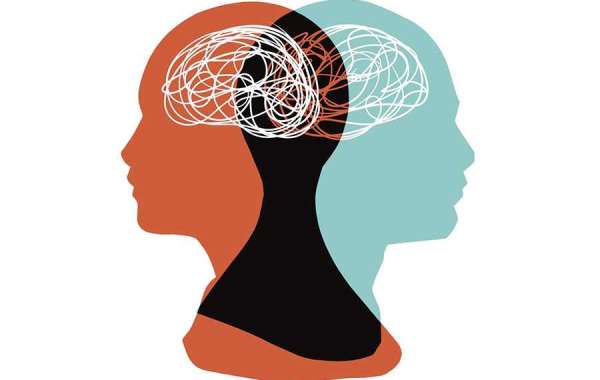
Self-Help Groups For Addiction and Mental Health
Having an addiction or mental health disorder is a very serious issue that requires the attention of people who are able to assist those who are suffering. There are several different treatment options that can be used to assist in the recovery process. You will also need to consider your own genetic predisposition to addiction and mental health problems. Fortunately, there are also some self-help groups that can be utilized.
Genetic predisposition
Among the many reasons for addiction, one of the most common is a genetic predisposition to addiction. While this doesn't mean that you are guaranteed to develop an addiction, it does suggest that you should be cautious with substances.
Fortunately, there are methods to help you avoid using substances. It is important to understand that addiction is an amalgamation of genetics, environment, and lifestyle. While this combination may seem overwhelming, there are steps you can take to minimize your risk.
The best way to do this is by contacting a treatment center. You can also use a self-assessment tool. For example, you can use a free substance abuse self-assessment to learn more about your genetic predisposition to addiction.
Another way to determine if you have a genetic predisposition to addiction is to talk to your family about their history with substance use. You can also learn about groups such as Narcotics Anonymous or Alcoholics Anonymous.
Treatment options
Those suffering from addiction and mental health issues need the best treatment options. They need effective care to prevent relapse, recover from substance abuse, and maintain a sober life. A comprehensive treatment plan needs to be tailored to each person's individual needs.
The treatment options for addiction and mental health disorders vary by the specific type of addictive disorder, the amount of time a person has been using, and the severity of the problem. The goal of addiction and mental health therapy is to restore a person's psychological balance.
Those who are undergoing treatment for substance abuse should also consider their other responsibilities, such as family, school, work, and relationships. They may need help readjusting to their new life. Depending on their circumstances, they may need to stay in a residential treatment facility or in recovery housing.
People who are undergoing treatment for drug and alcohol abuse are encouraged to join a support group. This can be in person, or online. These groups are designed to provide social support, information, and education. They can also offer peer-to-peer counseling and help to keep a person sober.
Self-help groups
Whether you're a recovering addict or you're just considering it, a self-help group for addiction and mental health can provide you with valuable information and assistance. These groups can also help you reduce your chances of relapse, so you can stay on track with your recovery.
When researching the best self-help group for your recovery, it's important to understand the different options available. There are groups that provide general support and advice, as well as those that are specifically for family members, loved ones, and friends of addicts.
The best self-help group for your recovery is one that will give you the opportunity to ask questions and get support. It's also important to find a group that you can relate to. Some groups will focus on family and relationships, while others may be more focused on boosting your social skills.
When searching for the right self-help group for your recovery, it's best to check with your primary care physician. They are often the best place to start. You can also visit an organization like NAMI or Rethink for more information.
Medicaid coverage
Increasingly, Medicaid plays a larger role in covering addiction and mental health services. This is because of federal parity laws that require equal coverage for substance abuse treatment and mental health services.
Many states offer various types of addiction and mental health coverage. Some of these programs are optional, while others are mandatory. Some of the benefits of these plans are available for free, while others have higher out-of-pocket costs.
Intensive outpatient therapy is covered by 22 states. It allows people to participate in recovery-oriented services while also allowing them to participate in normal daily activities. This is different from inpatient rehabilitation, which requires a hospital stay. Inpatient programs are typically capped at 30 to 60 days.
Inpatient rehab is covered by Medicare. It includes medication-assisted treatment, which involves the use of FDA-approved medications in combination with evidence-based behavioral therapies. Medication-assisted treatment includes buprenorphine, methadone, and naltrexone.
Medicaid has also been expanded to cover individuals who are pregnant, are low-income, and have a disability. It is important to understand how these benefits are structured. A few of the types of services included are counseling, medication management, and rehabilitation services.




